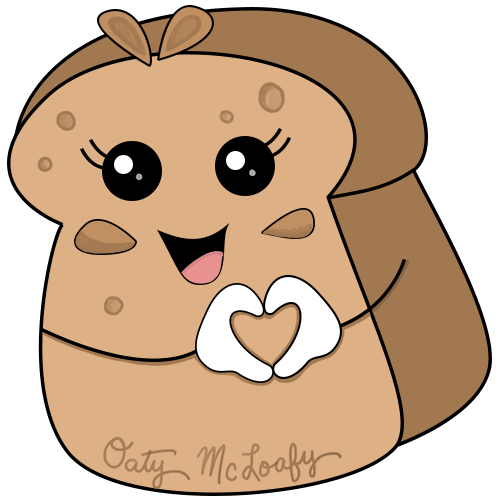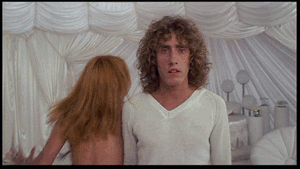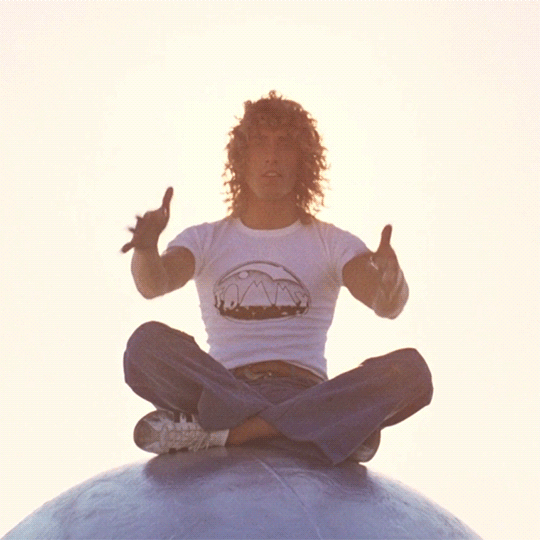The Who’s well-loved 1969 rock opera album Tommy has been adapted for the screen, and is almost the furthest thing from a feel-good picture that you can get. Who knew that the sound of childhood trauma could be so goddamn catchy?
When I was a young girl, my father would play the album Tommy, he really liked the band. Tommy was one of those albums I played on repeat when I was elementary school-aged. My dad had copied the album to a cassette, and me and my yellow Walkman would head to the bus stop every morning blasting “The Acid Queen”. I’ve mentioned before I was an obnoxious kid, and one memory that has unfortunately stuck with me for like 25 years is this guy on the bus asking my sister to tell me to stop singing out loud to “Pinball Wizard” because it was annoying. I sunk into my seat as if he had punched me straight in the gut.
Being young, my understanding of the plot was pretty basic, and oh boy, the movie translation of this was um… I was not prepared for the ride I had boarded. Even as someone who is unbelievably familiar with the source material, this was a rough watch.
Tommy begins during World War 2, and England is getting bombed by Nazis. Tommy’s mom and dad are on their honeymoon, and when they return, Tommy’s father is sent off to war and is presumably killed in action. Tommy is born on V.E. Day and never knows his biological father. His mother (Ann-Margret) hooks up with a dude she met on vacation, Uncle Frank, and when Tommy’s father returns unannounced 6 years later, her lover kills him by hitting him with a lamp. Dude lived through a plane crash, and its the bedside lamp that finally gets him. Tommy witnesses the murder, and Uncle Frank and his mom plead with him not to tell anybody. The trauma of this event triggers psychosomatic deafness and blindness in Tommy. His parents are understandably concerned about him, even though they are the whole reason this happened in the first place.
His mom is weirdly fixated with his salvation, and takes Tommy to church to see if a supremely uncharismatic Eric Clapton and statue of Marilyn Monroe can heal him. The congregation, in a very classy move that is not at all disparaging to Marilyn Monroe’s legacy, downs alcohol and prescription medication as communion. The healing goes about as well as expected.
After this, his Uncle Frank takes Tommy to a prostitute, who drugs and presumably rapes him, thinking it might snap him out of it. When that doesn’t work, his parents then leave him with one babysitter that beats and tortures him, and another that sexually molests him, so… fun times. My notes perfectly illustrate how glad I was to watch this series of events unfold.

Realizing Tommy can entertain himself just by looking in a mirror, his parents get loaded on the couch, leaving him alone to wander out of the house. He stumbles upon a pinball machine in a junkyard. His parents discover he’s really fucking good at it, and introduce him into the very financially lucrative world of pinball competitions.
My favorite scene in this movie is watching Elton John play a keyboard attached to a pinball machine while wearing the largest shoes I’ve ever seen on a human. They hinder his movement so much he can only point with his left arm over and over again to show his enthusiasm. When Tommy wins the Pinball championship, a pack of Waldos haul away Elton’s defeated body.

Now that Tommy’s family is rolling in dough, his parents buy a mansion and a yacht, and Ann-Margret tries to bury her guilt surrounding Tommy’s condition through retail therapy, and literally smothering her grief with chocolate pudding.

I swear to god, Ann-Margret is the only person who actually knew what kind of movie she was filming. She’s crazed, dramatic, and her voice is so fucking awesome (unlike some of the other actors they cast…). Still, the disservice of making her swim in a sea of baked beans… which, FUN FACT: sent her into the ER because part of the broken champagne bottle rocketed out of the television when they were pelting bubbles at her and cut her hand large enough that she needed 27 stitches to close it. She came back to film the next day because she is a fucking queen.
Tommy’s parents take him to Jack Nicholson putting on an haughty accent to see if he can fix Tommy, and all he succeeds in doing is putting the moves on Ann-Margret. She takes Tommy back to the house and dances him into the mirror, which sets him free to swim and run shirtless across the country without shoes on.
It’s around this point of the movie that I realize Ann-Margret and I have *a thing* for young Roger Daltrey, and I don’t know what to do with this knowledge.
Seriously, she’s only like 3 years older than him and she’s supposed to be playing his mother. The film industry is so fucked up.
Tommy tells his mother than she needs to relinquish all her material possessions, baptizes her in the ocean, and forms his own pinball-based religion. His followers treat him like a messiah, looking for him to provide the path to salvation. He invites them onto his compound, puts his child molester Uncle Ernie in charge of a bunch of children, and Uncle Frank in charge of recruitment and merchandising.
His campers are fairly pissed they’re being milked for every dime they have, but Tommy is all, “I haven’t handed out my syllabus yet, wait until you hear what the curriculum is going to be!” When they discover it’s about turning off all distractions and only playing pinball, his congregation are all like, “Fuck that!” and riot, murdering both of Tommy’s parents. Now that his oppressors are dead, Tommy is truly free. He runs through literal fire, jumps into a lake in jeans, and climbs a slippery waterfall AND a mountain in bare feet, making me wonder what kind of insurance they had on this picture that they allowed Roger Daltrey to do all of that and hang glide into a sea of bikers. The 1970s were an unencumbered time.
I watched several interviews with Peter Townshend to understand where the idea of this rock opera came about, and holy shit, this story is just based in his own traumatic childhood experiences. From his perspective, after WW2, the people in England who had lived with the constant fear of sudden death internalized all of their associated trauma. They had children they weren’t emotionally equip to parent, leaving them to be vulnerable to people who wanted to exploit them.
Tommy’s constant plea in the movie was to be seen and heard by those who were supposed to protect and care for him, only for them to be ignorant to the effect their negligence was having on him. Tommy tries to save other broken people who need to feel safe, only for them to revolt, take the only family he’s ever known away from him, and abandon him. This is an unbelievably depressing movie, and the fact it resonated with so many people, I just… I don’t know how to process that, because it’s heartbreaking.
So, yeah, this movie is weird as shit, but it does try to impart that people who are exposed to repeated stressful events will only hurt themselves and those around them if they try to repress those experiences. I’m not sure the movie effectively communicated what The Who was trying to convey in the original album, however. I think the message is overshadowed by the strong aesthetic.
I suffered with intense anxiety as a child (still do, although I have mechanisms now as an adult to help manage it) and my parents didn’t know what the fuck to do with me. I would say 90% of the time they’d treat my anxiety like I was personally trying to inconvenience them, and the other 10% they’d make fun of me for it. So there I’d be, trying to hide my anxiety attacks and feeling like I was going to die (or if I was lucky, just vomit) because they’d get angry or tell me to suck it up if they knew what was going on. I did not have a happy childhood. I, like Tommy, just wanted them to understand me and show any amount of compassion. However, watching this movie, I somehow did not find myself relating to his story at all. I was too distracted by Marilyn Monroe-dressed nuns, a 2-story tall Elton John, child abuse and molestation played off as a joke, and Ann-Margret drowning in bean syrup that I completely missed the intention. I also think 1970s religious movements had a tendency to be rather exploitative, and I have regrettably listened to far too many My Favorite Murders to not see Tommy’s fans and think, “You’re in a cult, call your dad.” It’s hard to be automatically empathetic to the abused when they lead others to be victimized by their abusers.
I would 1000% recommend Tommy the album. This movie is worth a watch if you like The Who, but even as someone who loves the original music, I’m probably not going to put it in my constant rotation.
That concludes rock band movie musical week! The orchestra nerd inside of me is excited to move on to Carmen Jones next.




